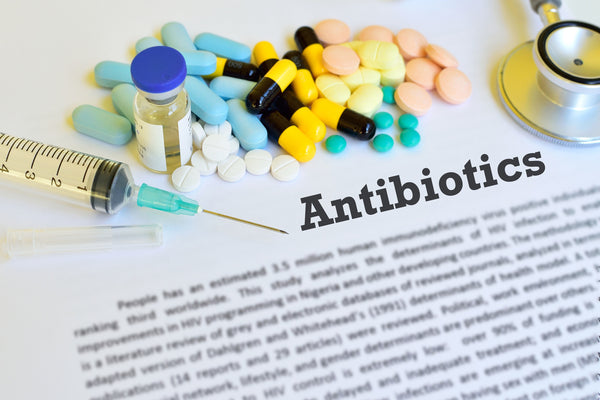Gut Defense Mechanisms
The gut lining is one of the most important defences in the body. When the gut wall is healthy, it works efficiently to take up important nutrients from the diet into the body. But at the same time, it also acts a barrier, keeping harmful things from entering into the body, such as pathogens, toxins, and other antigens (substances that the immune system recognizes as foreign and reacts to).
The healthy gut wall has several layers of defence. There is a layer of mucus that can trap harmful bacteria preventing access to deeper structures. A healthy population of bacteria normally residing in the gut competes with potential harmful bacteria and can prevent them from growing out of control. The cells that line the gut have tight junctions between them, forming a mechanical barrier. And the gut-associated lymphoid tissue (GALT) is part of the immune system and acts like security guards to help protect against foreign invaders that do try to enter the body.
There are many ways that the gut can become damaged. These threats include drugs (such as antibiotics, steroids, anti-inflammatories), poor diet, stress, toxins, and viruses. They can lower the defense mechanisms and increase the risk of foreign substances entering the body. But how do these threats actually damage the gut barrier? Possible mechanisms include: decreased blood supply to the gut and lowered mucus production; destruction of healthy bacteria residing in the gut, altering the environment; or widening of the tight-junctions between the cells lining the gut, making it easier for things to pass through. When this happens, the gut becomes more permeable to the material it normally contains (sometimes described as a “leaky gut”). This has been associated with several diseases in people, including inflammatory bowel disease, some types of arthritis and allergic disease.
So it makes a lot of sense to make gut health a top priority. This can be done in a number of ways. Feeding a high-quality diet including prebiotics will help nourish the microbiome. Avoiding unnecessary antibiotics and drugs when possible, and then using a combination of prebiotics and probiotics when drugs are required will also help. Consider your dog’s environment, too - avoid undue stress, provide lots of opportunities for fresh air and exercise, and limit the exposure to toxins in their food and home.




Dr. Susan Hore, DVM
Author